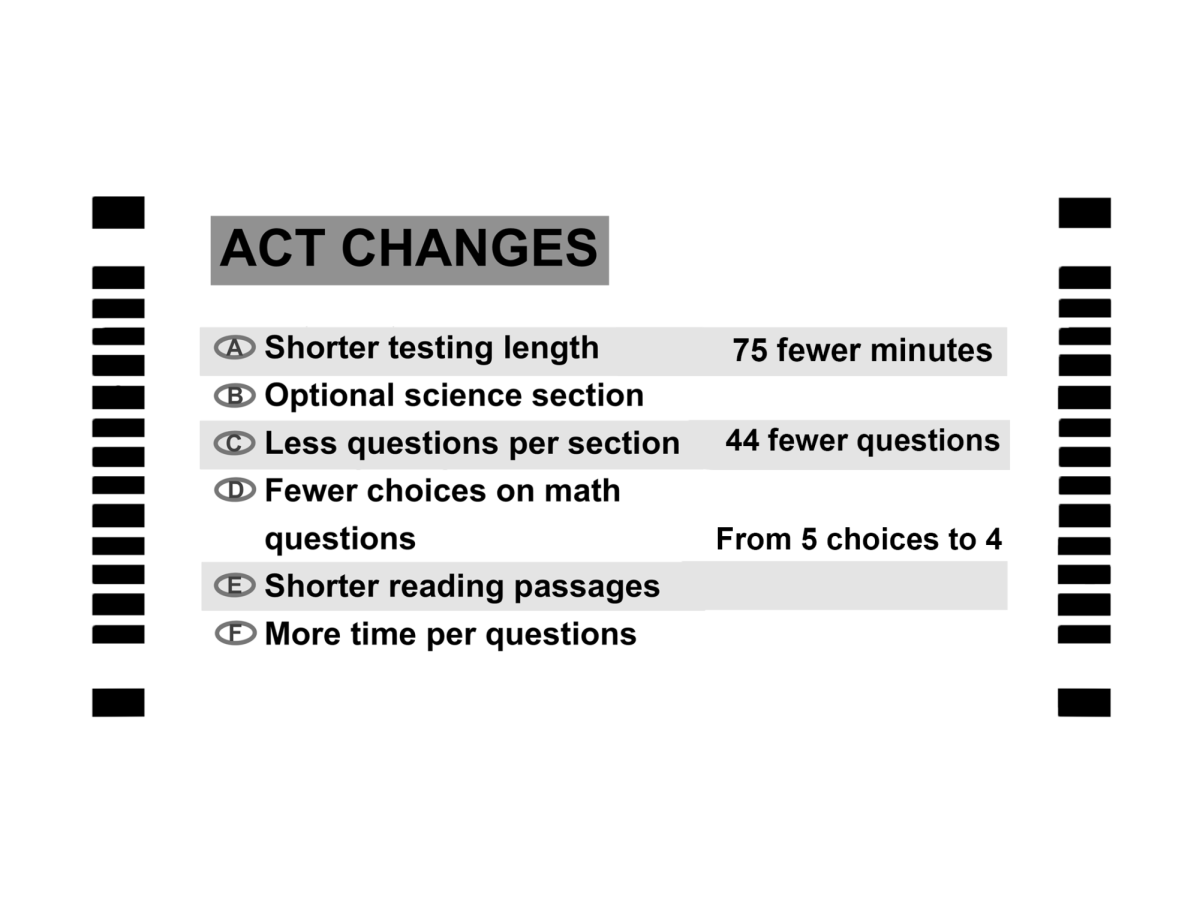Too often I hear the phrase: “Oh, that’ll look really good on your application.” Too often I hear “I need to do this and that for college.” And yes, maybe it is true that [insert activity] will look good on your application, but this mindset has changed the way that students approach their senior years and their high school careers as a whole.
When attending an information session for the University of Georgia honors program last month, I was able to listen to a panel of students, parents and faculty speak about college admissions. This was not your typical “get these grades,” “ace the SAT” and
“discover the secret to getting in” pep talk. Rather, this was a panel that shared with prospective college students the true value of a college education and how to best prepare for it. It was an opportunity to dispel the perception that high school prepares students for college and a career, and to show us that it is actually a unique and personal journey. One student, about halfway through, asked a great question: “Everyone talks about passion, but I don’t know what mine is. How do I find it?”
Right then I realized we use the word “passion” too loosely. Parents too often ask teens to define their life goals, pushing and pushing them until they can name at least one interest. Then they call it a passion and use it to tie them down to one category. Next, students are told to write about their passions on their college applications or to explain them in a college interview. Students who cannot articulate their passions deeply and sincerely are penalized.
When my brother was applying for colleges just three years ago, the buzzword was definitely passion. Everyone told him he needed to find a passion for college. The new buzzword is authenticity. Colleges look not only for a student who has a passion but also for a student who has genuine interests, not just a long list compiled to play the admissions game.
It is easy to see this disengenuous game played out at Grady. Even if only in terms of academics, you would think it’s good that students are working harder, doing their homework more often and caring more about their grades, but there is a dark side to it. We have all been nurtured in this environment where sometimes mindsets can be flipped.
I wonder: “Why would anyone want to do something they don’t love to do?” On many occasions, students and parents focus on what they think colleges want and completely forget about just doing what they enjoy doing. And yes, sometimes it is difficult for anyone to call something a true passion. So rather than trying to simply define passion, people-—especially teens—should simply use high school as a laboratory to look for new and different opportunities and experiences.
I know I’ve only had limited experience, but my answer to that student at the UGA honors session is that your passion in life is going to evolve as you grow older. Rather than finding it, focus on what you love to do, what you are curious about and where your strengths are. Your passion does not have to become your career, and your career does not have to be a passion. Do you need a passion to be successful? Of course not, and it definitely shouldn’t be forced upon anyone. But the search for one, done right, can be a tremendous boost in life. So if you don’t know yet what that is, your first step is to begin to find out.






